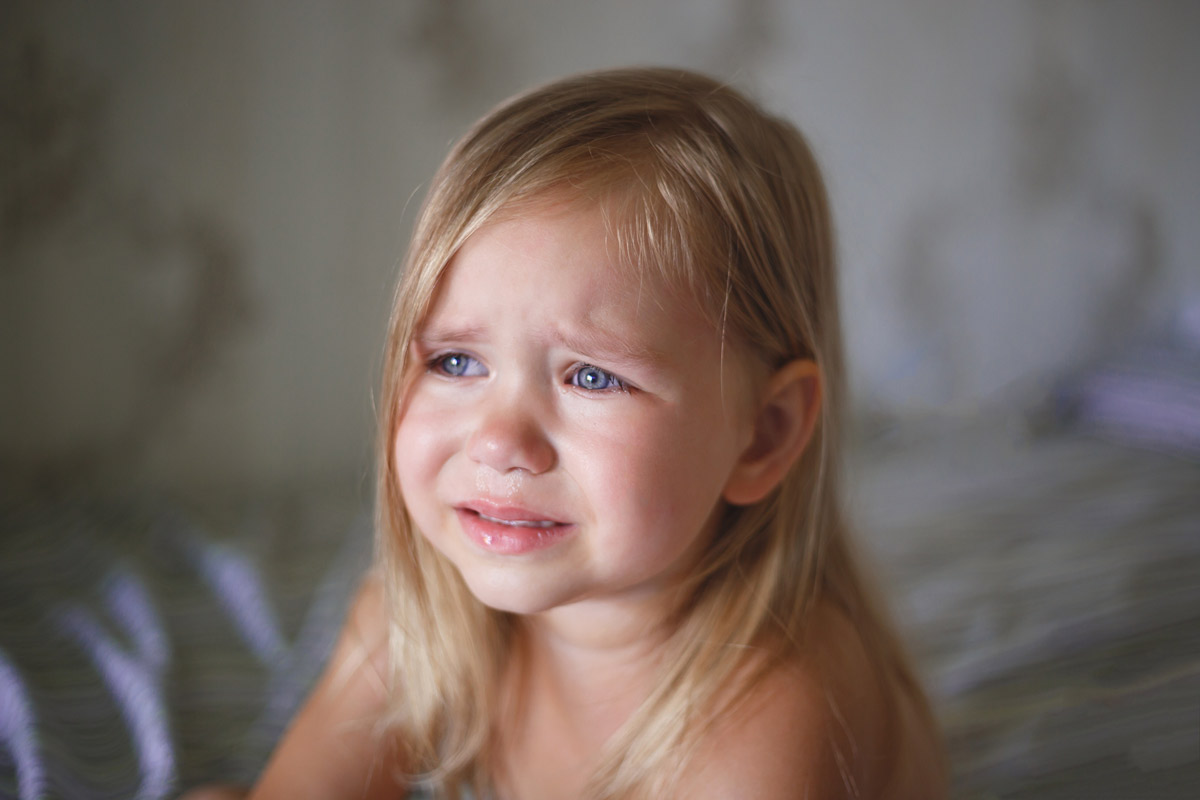Emotional Dysregulation
What is it?
Emotional regulation or self-regulation is the ability to control “big feelings” or emotions, when they have them, including the way they experience and express them. Some children are born with self-regulation challenges. However, young children under the age of 6 are little people with big feelings and sometimes, angry outbursts can be the only way they know how to express their feelings.
What are the common signs of emotional dysregulation disorder in children?
- Angry outbursts without a justified reason
- Excessive crying, often more intense and lasting longer than what is situationally appropriate Physical aggression toward others
- Self-harming thoughts and behaviours
When is it time to seek professional help?
Infants can show signs of emotional dysregulation, and some then grow up to have behavioural and emotional problems. It may be time to seek professional help when the child is showing signs of extreme fluctuations of mood and emotions and their inability to regulate their emotional state is beginning to affect their family, peers, school performance, and long-term mental health.
What can be done?
- Build emotional literacy by encouraging children to accurately identify and name feelings.
- Play therapy involves the use of toys and games to help the child recognize, identify, and express feelings.
- Provide psycho-education and teach a child how to identify unique body signals and how to connect them with their feelings.
- Teach self-regulation and coping skills using positive language and mindfulness strategies.
- Cognitive behavioural therapy (CBT) can help a child recognize unhealthy behaviours and learn how to change them.
What makes some children more vulnerable to emotional dysregulation?
- Family history of mental health challenges and brain-based disorders
- Trauma, adverse childhood experiences and toxic stress
Where can I access support?
Talk to the child’s family doctor or pediatrician to help identify if the child’s behaviour is normal for their developmental stage.
Talk to the child’s guardianship worker to explore what options are available for assessment so their diagnosis and treatment plan can be included in their Care Plan. The guardianship worker will help make appropriate referrals for specialized supports and services.
Get an assessment through your local Child and Youth Mental Health team. Your local CYMH office offers a range of free and voluntary mental health services and supports for children from 0-18 years of age and their families. These services include assessments, therapy and treatment, education and referrals to specialized programs and resources. There are 100 intake clinics for children, youth and their families at convenient locations throughout BC.
You can also contact a private psychologist or counsellor through the BC Association of Clinical Counsellors or the BC Psychological Association. You can use website filters to search for a counsellor in your community that specializes in certain mental health challenges.
Phone
Main:
604-544-1110
Toll-Free Foster Parent Line:
1-800-663-9999
Office hours: 8:30 am - 4:00 pm, Monday to Friday
PROVINCIAL CENTRALIZED SCREENING
Foster parents are encouraged to call this number in the event of an EMERGENCY or CRISIS occurring after regular office hours:
1-800-663-9122
REPORT CHILD ABUSE
If you think a child or youth under 19 years of age is being abused or neglected, you have the legal duty to report your concern to a child welfare worker. Phone 1-800-663-9122 at any time of the day or night. Visit the Government of BC website for more info.
address
BCFPA Provincial Office
Suite 208 - 20641 Logan Avenue
Langley, BC V3A 7R3
contact us
Fill out our contact form...

News
Site menu
Subscribe to Our Newsletter
Charitable Registration #
106778079 RR 0001
Our work takes place on the traditional and unceded Coast Salish territories of the Kwantlen, Katzie, Matsqui and Semiahmoo First Nations. BCFPA is committed to reconciliation with all Indigenous communities, and creating a space where we listen, learn and grow together.
© 2021 BC Foster Parents. Site design by Mighty Sparrow Design.
